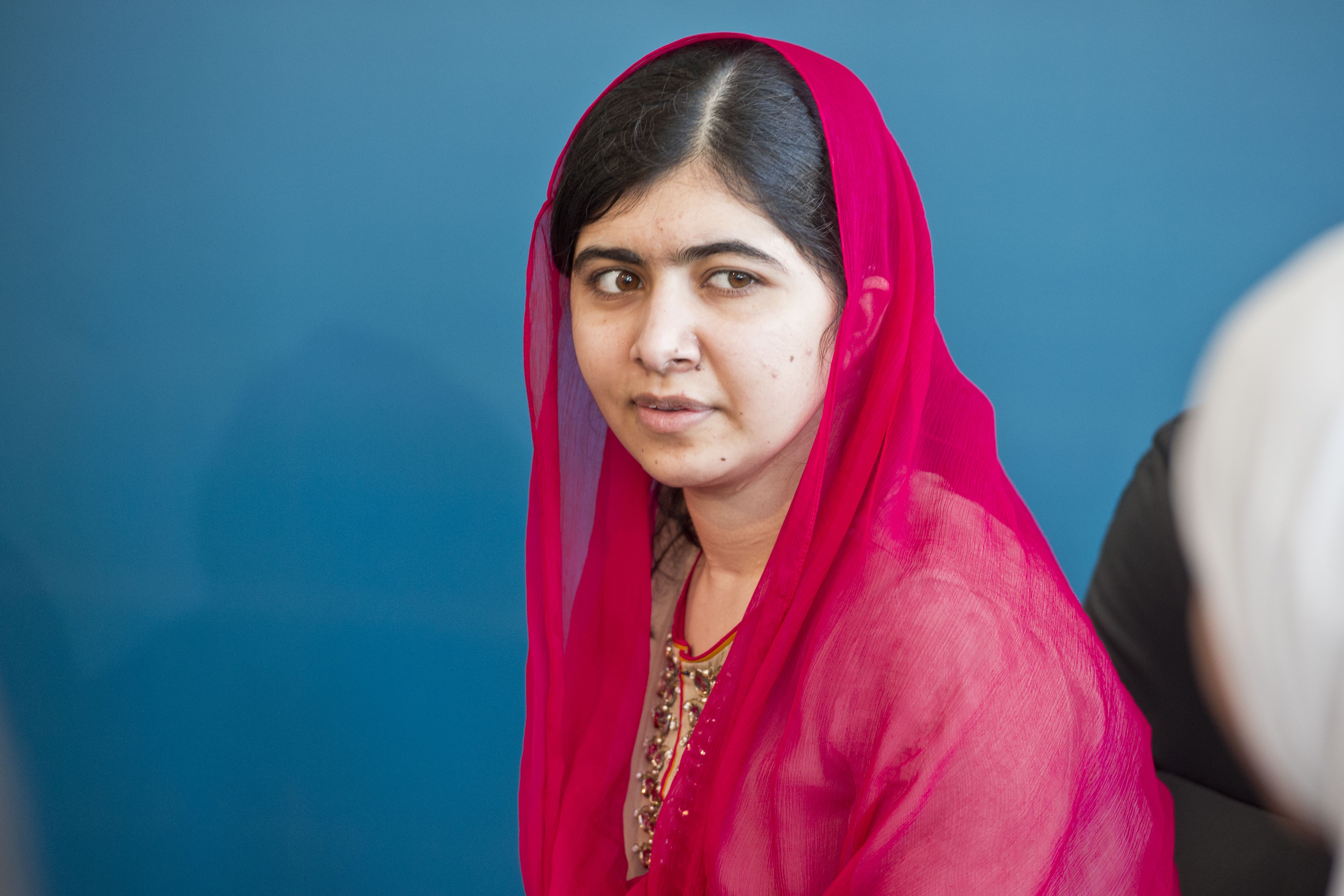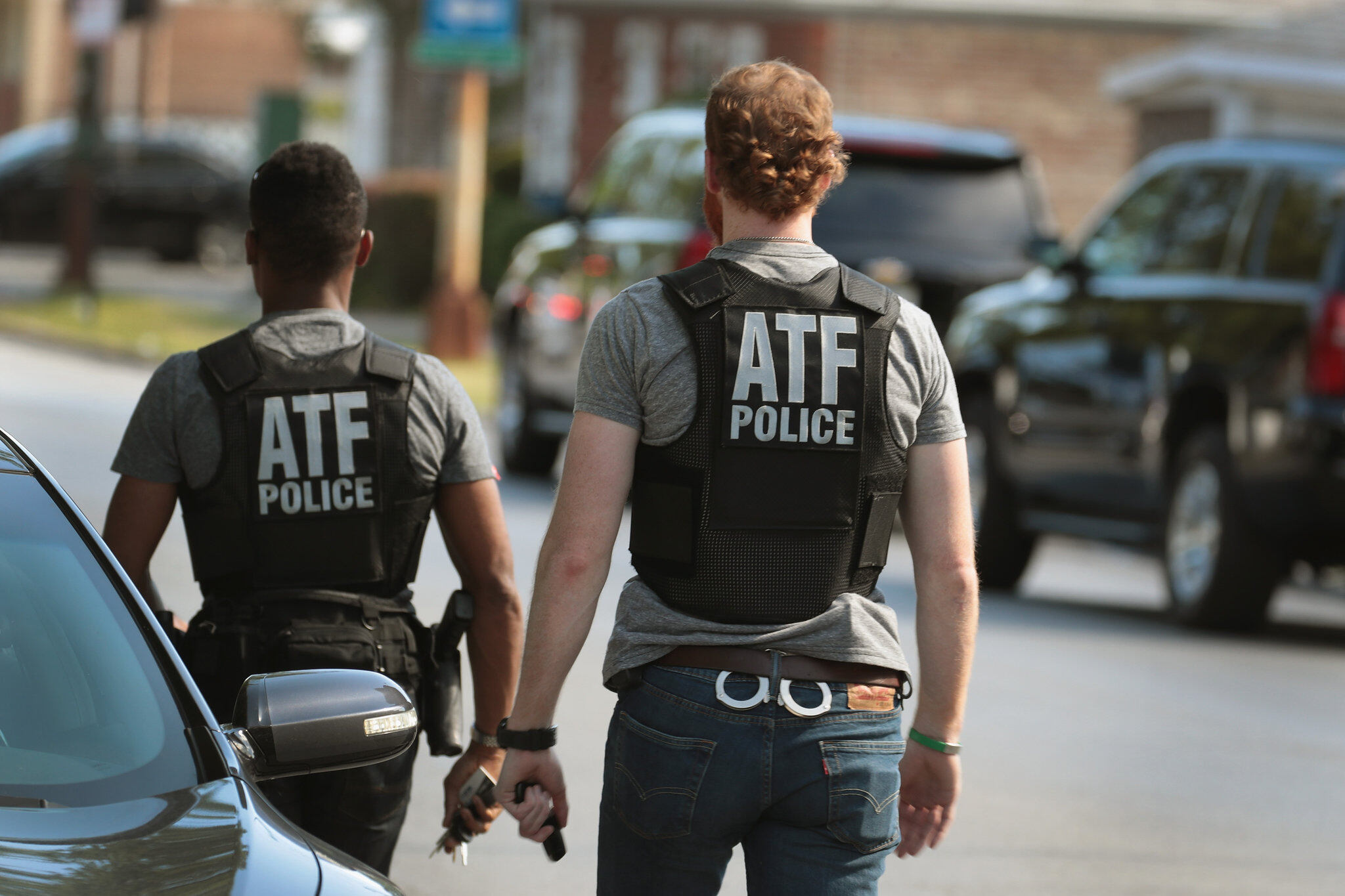
Malala Yousafzai, a Pakistani activist and Nobel Prize laureate, is truly an inspiring figure who has captured the world’s attention. Born on July 12, 1997, in Mingora, Pakistan, Malala became an outspoken advocate for girls’ education at a very young age. Despite facing immense challenges and even surviving a near-fatal attack by the Taliban, she remains undeterred in her mission to promote education and empower young girls around the globe.
Throughout her journey, Malala has achieved numerous milestones and garnered widespread recognition for her courageous endeavors. From delivering powerful speeches at the United Nations to establishing the Malala Fund, she has become a symbol of hope and resilience for millions of individuals fighting for their rights.
In this article, we will delve into 34 fascinating facts about Malala Yousafzai that shed light on her extraordinary life, accomplishments, and the impact she has made on the world.
Key Takeaways:
- Malala Yousafzai, a courageous advocate for girls’ education, survived an assassination attempt and became the youngest Nobel Prize laureate, inspiring millions worldwide with her resilience and determination.
- Through her Malala Fund and global activism, Malala continues to fight for education as a basic human right, empowering young girls and igniting a global movement for educational equality.
Malala was born on July 12, 1997, in Mingora, Pakistan.
Malala Yousafzai, the youngest Nobel Prize laureate, came into the world on this day in Mingora, a town in the Khyber Pakhtunkhwa province of Pakistan.
She started advocating for girls’ education at a young age.
Even as a child, Malala was passionate about education and equality. At the age of 11, she began writing a blog for the BBC Urdu, under a pseudonym, where she shared her experiences and the challenges faced by girls in accessing education in Pakistan.
Malala survived a targeted assassination attempt by the Taliban.
In 2012, while on a bus returning from school, Malala was shot in the head by a Taliban gunman. The attack was a result of her outspoken advocacy for girls’ education and her refusal to be silenced by the militants.
She became an international symbol of resilience and determination.
Following the attempted assassination, Malala’s story gained worldwide attention, and she received an outpouring of support and solidarity from people across the globe. She became a beacon of hope for those fighting for educational rights.
Malala co-authored a book about her life.
In 2013, Malala published her memoir, “I Am Malala: The Girl Who Stood Up for Education and Was Shot by the Taliban.” The book became a bestseller and further amplified her message of education for all.
She founded the Malala Fund.
In 2013, Malala established the Malala Fund, a nonprofit organization that advocates for girls’ education and provides resources and support to ensure every girl has access to quality schooling.
Malala became the youngest-ever recipient of the Nobel Peace Prize.
In 2014, at the age of 17, Malala was awarded the Nobel Peace Prize for her courageous and determined fight for girls’ education. She is the youngest person to ever receive this prestigious honor.
She completed her education at the University of Oxford.
Malala pursued her higher education at the University of Oxford, where she graduated with a degree in Philosophy, Politics, and Economics (PPE) in 2020.
Malala’s advocacy work expanded globally.
Malala’s influence and activism extended beyond Pakistan, as she became a prominent voice for educational rights worldwide. She has met with world leaders, addressed the United Nations, and continues to advocate for equal access to education.
Malala has received numerous awards and accolades.
In addition to the Nobel Peace Prize, Malala has been recognized with numerous awards, including honorary Canadian citizenship, the Simone de Beauvoir Prize, and the Harvard Foundation’s Peter J. Gomes Humanitarian Award.
She started the #YesAllGirls campaign.
In 2015, Malala initiated the #YesAllGirls campaign, which sought to raise awareness about the importance of education for girls and highlight the barriers that still exist in many parts of the world.
Malala’s activism has faced criticism in certain circles.
While Malala has garnered widespread admiration, her advocacy work has faced criticism from certain individuals and groups who disagree with her views on education and women’s rights.
She became a UN Messenger of Peace.
In 2017, Malala was appointed as a United Nations Messenger of Peace, focusing on girls’ education. This role emphasizes her continued dedication to promoting education and empowerment.
Malala continues to inspire people worldwide.
Her story and unwavering commitment to education have inspired millions of people around the world and have ignited a global movement for educational equality.
She has delivered impactful speeches.
Malala is known for her powerful and impassioned speeches advocating for girls’ education. Her words have resonated with audiences and have helped generate support for this important cause.
Malala has been featured on the cover of prominent magazines
Her influence and impact have been recognized by renowned publications such as Time magazine, Vogue, and Forbes, which have featured her on their covers.
She established a girls’ secondary school in Lebanon.
Malala’s efforts to promote education extend beyond advocacy. She has personally supported the establishment of a girls’ secondary school for Syrian refugee girls in Lebanon.
Malala’s activism has inspired other young activists.
Malala’s courage and determination have inspired a new generation of young activists who are working to fight for their rights and create positive change in their communities.
She has been named one of TIME Magazine’s most influential people.
Malala has been featured in TIME Magazine’s annual list of the world’s most influential people multiple times, further solidifying her impact on global issues.
Malala believes education is a basic human right.
Throughout her advocacy work, Malala has consistently emphasized that education is a fundamental human right that should be accessible to all, regardless of gender, ethnicity, or socioeconomic background.
She has a day named in her honor.
July 12th is officially recognized as “Malala Day” in honor of her birthday and her tireless efforts to promote education and empower young girls.
Malala has become a symbol of hope.
Her resilience and determination in the face of adversity have turned her into a symbol of hope and inspiration for people worldwide.
She has been recognized as a global ambassador for education.
Malala’s impact has led to her being named a global ambassador for education, further amplifying her voice and allowing her to advocate for change on a larger scale.
Malala’s story has been adapted into a documentary.
A documentary film, titled “He Named Me Malala,” was released in 2015, providing a deeper insight into her life, experiences, and advocacy work.
She has been awarded honorary degrees from esteemed universities.
In recognition of her remarkable achievements and contributions, Malala has received honorary degrees from renowned educational institutions, including Harvard University and the University of Ottawa.
Malala has written for major publications.
In addition to her book, Malala has written articles for various prominent publications, including The New York Times and The Guardian, sharing her perspective on education and global issues.
She has a strong social media presence.
Malala utilizes social media platforms to communicate directly with her followers, spreading awareness, sharing updates on her activities, and inspiring change.
Malala calls herself a feminist.
Malala proudly identifies as a feminist and has been an advocate for women’s rights, breaking barriers, and challenging societal norms.
She has faced threats and continued to work fearlessly.
Despite ongoing threats to her safety, Malala remains committed to her work, showing incredible resilience and courage in the face of adversity.
Malala’s impact extends beyond education.
While education is her primary focus, Malala’s advocacy work has also shed light on broader issues such as gender equality, human rights, and social justice.
She has launched initiatives to empower girls.
Through the Malala Fund, Malala has launched various initiatives specifically designed to empower young girls and provide them with the tools and resources needed to succeed.
Malala is an inspiration to girls around the world.
Young girls worldwide look up to Malala Yousafzai as a role model, seeing in her the potential for change and the power of education to transform lives.
She has been named one of Forbes’ 30 Under 30.
In recognition of her outstanding achievements, Malala was included in Forbes’ prestigious annual 30 Under 30 list, honoring young individuals making a significant impact in their respective fields.
Malala continues to advocate for education as a basic right.
Through her speeches, writing, and ongoing activism, Malala remains steadfast in her belief that education is not a privilege but a basic right that should be accessible to all.
Conclusion
Malala Yousafzai is an incredible individual whose story has inspired millions around the world. Through her tireless advocacy for girls’ education and her unwavering belief in the power of knowledge, Malala has become a symbol of hope and resilience. Her courage in the face of adversity is an inspiration to all, demonstrating that even the youngest voices can create significant change.From surviving a near-fatal attack to becoming the youngest Nobel Prize laureate, Malala has shown the world the importance of standing up for what you believe in. Her journey serves as a reminder that education is a fundamental human right and that every child deserves the opportunity to learn and thrive.Malala’s impact reaches far beyond her personal story. She has ignited a global movement for educational equality, sparking conversations and policy changes at both the local and international levels. Her advocacy continues to empower girls worldwide, ensuring that their voices are heard and their rights are protected.In summary, Malala Yousafzai is a remarkable young woman who has faced adversity with unwavering determination. Her story serves as a beacon of hope for anyone striving for positive change and reminds us all of the power of education in transforming lives.
FAQs
Q: Who is Malala Yousafzai?
A: Malala Yousafzai is a Pakistani education activist who gained international recognition for her advocacy of girls’ education in her native Swat Valley in Khyber Pakhtunkhwa, northwest Pakistan.
Q: How did Malala become an advocate for education?
A: Malala’s advocacy for education began at a young age when she started blogging about her experiences under the Taliban regime, which had banned girls from attending school. Her blog gained international attention, and she became a prominent voice for girls’ education.
Q: What happened to Malala in 2012?
A: In 2012, Malala was shot in the head by a Taliban gunman while on her way home from school. The attack aimed to silence her advocacy, but it only amplified her voice and determination to fight for girls’ education.
Q: How did Malala recover from the attack?
A: Malala was flown to the United Kingdom for medical treatment and underwent multiple surgeries and rehabilitation. She made a remarkable recovery and continued her advocacy for girls’ education with even greater determination.
Q: What awards has Malala received?
A: Malala has received numerous awards for her activism, including the Nobel Peace Prize in 2014, becoming the youngest-ever Nobel Prize laureate. She has also been honored with honorary citizenship in Canada and has been named one of Time magazine’s 100 most influential people.
Q: How has Malala’s advocacy made an impact?
A: Malala’s advocacy has brought global attention to the issue of girls’ education, leading to increased support and initiatives for educational equality. She has established the Malala Fund, which works to ensure all girls have access to free, safe, and quality education.
Q: How can I support Malala’s cause?
A: You can support Malala’s cause by raising awareness about girls’ education, donating to the Malala Fund, and getting involved in local and global initiatives that promote educational equality.
Was this page helpful?
Our commitment to delivering trustworthy and engaging content is at the heart of what we do. Each fact on our site is contributed by real users like you, bringing a wealth of diverse insights and information. To ensure the highest standards of accuracy and reliability, our dedicated editors meticulously review each submission. This process guarantees that the facts we share are not only fascinating but also credible. Trust in our commitment to quality and authenticity as you explore and learn with us.


